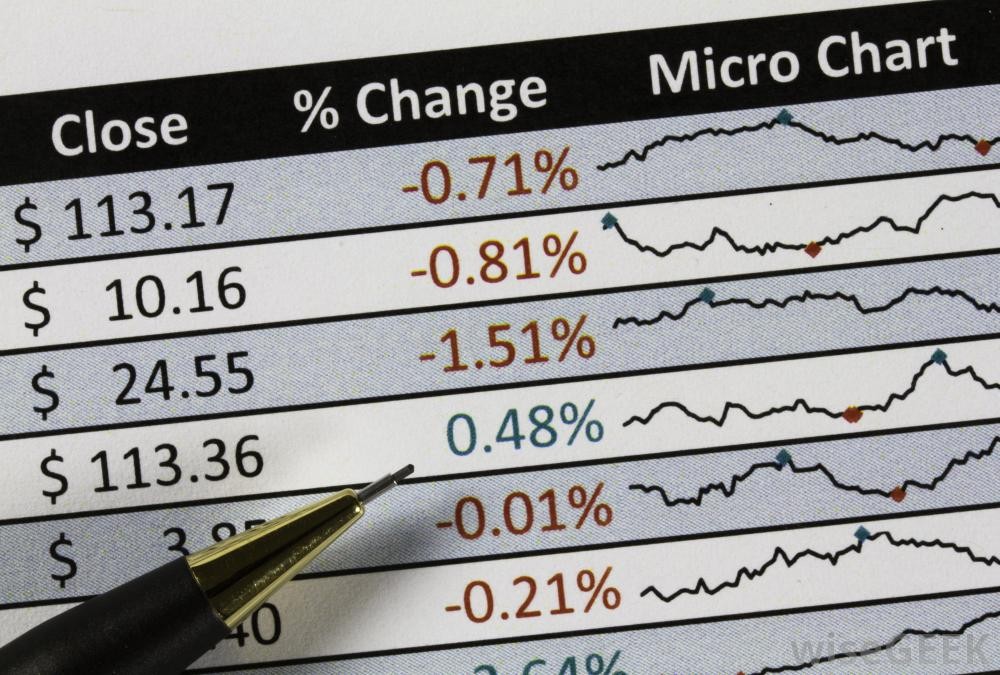Speculative Stock Definition
Post on: 27 Март, 2015 No Comment

DEFINITION of ‘Speculative Stock’
A stock with a high degree of risk. A speculative stock may offer the possibility of substantial returns to compensate for its higher risk profile. Speculative stocks are favored by speculators and investors because of their high-reward, high-risk characteristics. Such stocks usually have a very low share price, and often trade on smaller exchanges like the OTC Markets in the U.S. or the TSX-Venture Exchange in Canada. A necessary condition for investing in speculative stocks is a high tolerance for risk. This means an investor in a speculative stock should be prepared for the possibility of losing the full amount invested if the stock price goes down to zero.
INVESTOPEDIA EXPLAINS ‘Speculative Stock’
The low share price of speculative stocks and the possibility – albeit remote – of windfall profits are two of their most appealing characteristics. A share price of a few cents means that speculators can load up on thousands of shares. If the company is successful and the shares eventually trade at a significantly higher price, the potential profit can be much more than that offered by most other investments.
Speculative stocks tend to be clustered in sectors such as mining, energy and biotechnology. While there is significant risk involved in investing in early-stage companies in these sectors, the possibility that a small company may find a giant mineral deposit or oil field, or discover a cure for a disease, offers enough incentive for speculators to take a punt on it.
Although most speculative stocks tend to be early-stage companies, a blue-chip can occasionally become a speculative stock if it falls upon hard times and has rapidly deteriorating prospects for the future. Such a stock is known as a “fallen angel” and may offer an attractive risk-reward payoff if it can manage to turn its business around.

Speculative stocks outperform in very strong bull markets, when investors have abundant risk tolerance. They underperform in bear markets, because investors’ risk aversion causes them to gravitate towards larger-cap stocks that are more stable.
Typical valuations metrics like the price/earnings and price/sales ratios cannot be used for most speculative stocks, since they are generally unprofitable and may have minimal sales. For such stocks, alternative techniques like discounted cash flow (DCF) valuation or peer valuation may need to be used.
Speculative stocks often account for a small portion of diversified portfolios held by experienced investors, since such stocks may improve the return prospects for the overall portfolio without adding too much risk. Experienced investors who dabble in speculative stocks typically look for companies that have experienced management, strong balance sheets, and excellent long-term business prospects.














